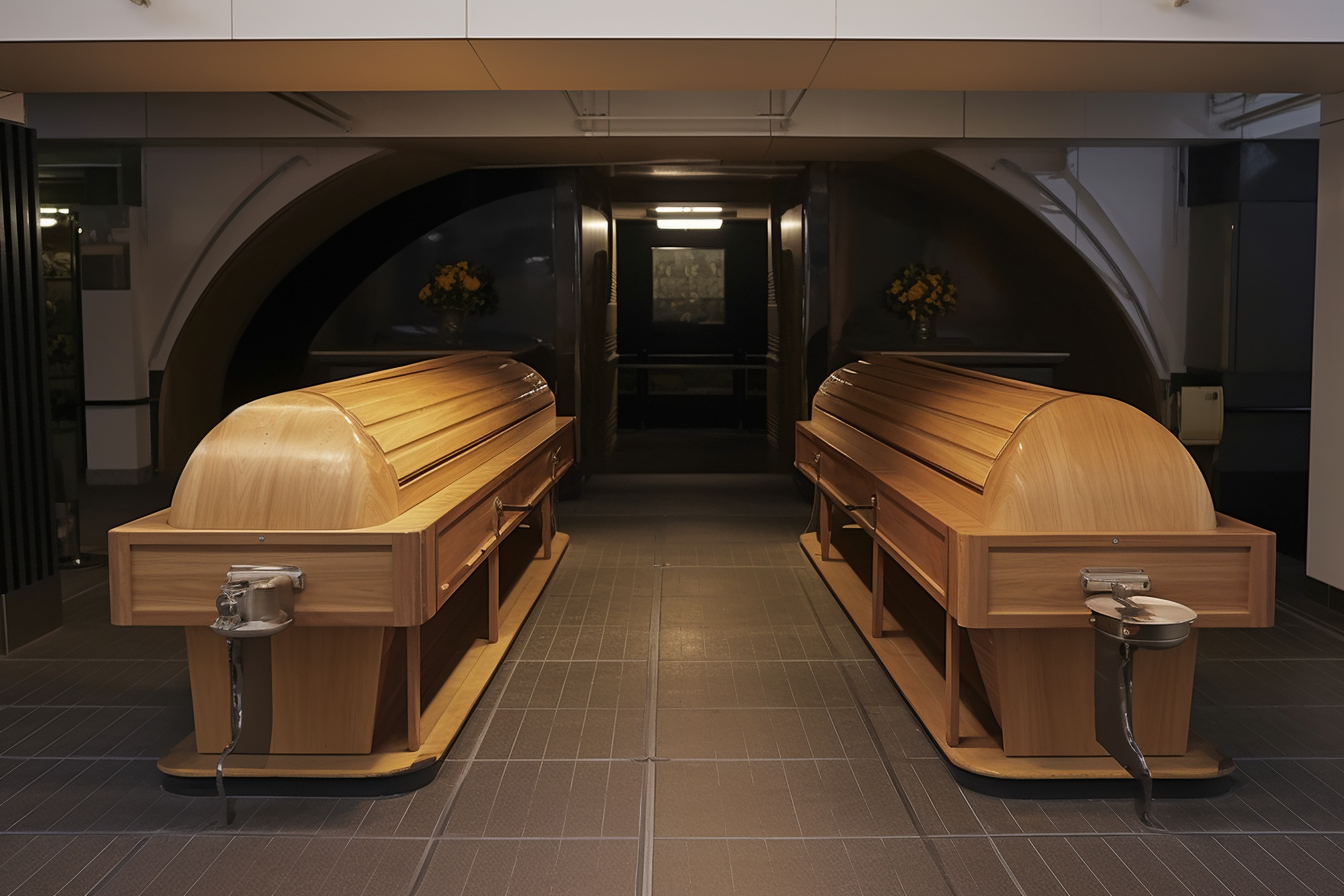The Price of Cremation Near You – What To Expect
Cremation has become an increasingly common choice for end-of-life planning, often viewed as a simpler and more economical alternative to traditional burial. Many families also consider its practical and environmental aspects. Learn more to see if cremation is the right option for you.

Key Reasons Why More Families Are Choosing Cremation Today
Cremation rates in the United States have steadily increased, with over 56% of families now choosing cremation over traditional burial. Economic considerations play a significant role, as cremation typically costs 40-60% less than traditional burial services. Modern families also appreciate the flexibility cremation offers for memorial services, allowing them to plan celebrations of life at meaningful locations or schedule services when distant relatives can attend.
Cultural attitudes toward cremation have evolved significantly, with many religious denominations now accepting the practice. Families value the portability aspect, enabling them to keep cremated remains close or scatter them in meaningful locations. The simplicity of cremation appeals to those who prefer straightforward arrangements without the complexity of casket selection, burial plots, and extensive funeral home services.
Cost Differences Between Cremation and Traditional Burial
Traditional burial costs significantly exceed cremation expenses due to multiple required components. Full burial services typically range from $7,000 to $15,000, including casket costs ($2,000-$5,000), burial plot fees ($1,000-$3,000), headstone expenses ($1,000-$3,000), and various funeral home charges. Cemetery maintenance fees and perpetual care costs add ongoing financial obligations for families.
Cremation eliminates many expensive components associated with traditional burial. Families avoid casket purchases, burial plot fees, embalming costs, and cemetery maintenance charges. Basic cremation services include body preparation, the cremation process, and return of cremated remains in a simple container. Optional services like memorial ceremonies, upgraded urns, or viewing services can be added based on family preferences and budget considerations.
Step-by-Step Overview of the Cremation Process
The cremation process begins with proper documentation, including death certificates and cremation authorization forms signed by next-of-kin. Funeral homes or crematoriums verify identity through identification tags that remain with the deceased throughout the entire process. Bodies are prepared by removing jewelry, pacemakers, and other items that could interfere with cremation equipment.
The actual cremation occurs in specialized furnaces called cremation chambers or retorts, reaching temperatures between 1,400-1,800 degrees Fahrenheit. The process typically takes 2-3 hours depending on body size and composition. Afterward, cremated remains are processed to achieve uniform consistency and placed in temporary containers or family-selected urns. Families can typically collect remains within 3-7 days, though timing varies by location and service provider.
Environmental and Practical Benefits of Cremation
Cremation offers several environmental advantages compared to traditional burial practices. The process requires significantly less land use, addressing concerns about cemetery space limitations in densely populated areas. Cremation eliminates the need for embalming chemicals like formaldehyde, which can potentially impact groundwater systems over time.
From practical perspectives, cremation provides families with greater flexibility for memorial planning and final disposition. Cremated remains can be kept at home, scattered in meaningful locations, divided among family members, or placed in columbarium niches. This flexibility particularly benefits families who relocate frequently or wish to honor the deceased’s specific wishes regarding final resting places.
Important Considerations When Planning Cremation Services
Several factors influence cremation costs and service quality when comparing local providers. Location significantly impacts pricing, with urban areas typically charging higher rates than rural communities. Service packages vary widely, from basic direct cremation to comprehensive memorial services with viewing opportunities.
| Service Type | Provider Example | Cost Estimation |
|---|---|---|
| Direct Cremation | Local Crematorium | $1,000 - $2,500 |
| Cremation with Memorial Service | Full-Service Funeral Home | $3,000 - $5,500 |
| Cremation with Traditional Service | Premium Funeral Provider | $4,500 - $7,000 |
Prices, rates, or cost estimates mentioned in this article are based on the latest available information but may change over time. Independent research is advised before making financial decisions.
Families should verify crematory licenses and certifications when selecting service providers. Reputable establishments maintain proper facilities, follow state regulations, and provide transparent pricing information. Consider asking about witnessing policies if family members wish to be present during the cremation process, as availability varies by provider.
Religious and cultural considerations may influence cremation decisions and timing. Some faiths have specific requirements regarding body preparation, timing of cremation, or final disposition of remains. Discussing these requirements with religious leaders and cremation providers ensures services align with spiritual beliefs and family traditions.
Understanding cremation costs and available options empowers families to make informed decisions that honor their loved ones while managing financial considerations. Comparing local providers, understanding service packages, and considering long-term preferences for memorial arrangements helps ensure cremation services meet both emotional and practical needs during difficult times.




